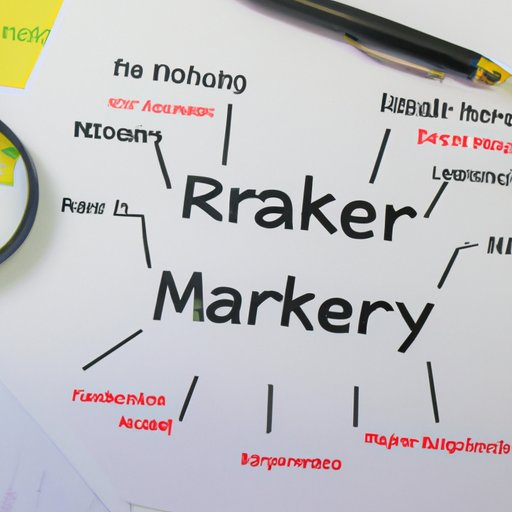Introduction
Starting a small business is an exciting prospect but it can also be intimidating. There are many steps to consider, from researching the market and creating a business plan to securing funding, choosing a location, obtaining necessary licenses and permits, hiring employees, and developing a marketing strategy. The process can be daunting, but with the right guidance and planning, you can set yourself up for success.

Research the Market and Create a Business Plan
The first step in starting your own business is to conduct market research. This involves assessing the potential of the market and identifying your target customers. Knowing who your customers are and what they’re looking for will help you develop a product or service that meets their needs and stands out from the competition.
Once you’ve done your research, it’s time to develop a business plan. A business plan should include an overview of your product or service, an analysis of the competition, an outline of your financial projections, and a description of your marketing strategies. It should also include a timeline for launching and growing your business.
Secure Funding for Your Business
Once you have a business plan in place, the next step is to secure funding for your business. Depending on the type of business you’re starting, there are several sources of funding available. These include venture capital, angel investors, government grants, crowdfunding platforms, and small business loans.
To secure funding, you’ll need to prepare a pitch and present it to potential investors. Your pitch should include information about your product or service, your target market, and your financial projections. You should also be prepared to answer any questions potential investors may have.
Choose the Right Location for Your Business
Choosing the right location for your business is an important step in the process. When selecting a site, you should consider factors such as foot traffic, accessibility, cost, and zoning regulations. You should also assess the area’s demographics to make sure there’s a customer base for your product or service.

Register Your Business with the State
Once you’ve chosen a location, you’ll need to register your business with the state. To do this, you’ll need to determine what type of entity you need to register (e.g. LLC, sole proprietorship, etc.). You’ll also need to gather any required documentation, such as proof of address, and submit registration forms.

Obtain Necessary Licenses and Permits
Before you can begin operating your business, you’ll need to obtain the necessary licenses and permits. This includes researching the requirements in your area and filing applications with the appropriate authorities. You may also be required to pay fees for some licenses or permits.
Hire Employees and Manage Payroll
If you’re planning to hire employees, you’ll need to understand the laws regarding employee hiring. You’ll also need to set up a payroll system so you can pay your employees on time and accurately. This includes setting up bank accounts and reporting taxes.
Develop a Marketing Strategy
Finally, you’ll need to develop a marketing strategy to promote your business and drive sales. This involves identifying your target audience and choosing appropriate channels for advertising. You should also develop a branding strategy to ensure customers recognize your business and its products or services.
Conclusion
Starting your own small business requires careful planning and research. By taking the time to research the market, create a business plan, secure funding, choose the right location, obtain necessary licenses and permits, hire employees, and develop a marketing strategy, you can set yourself up for success. With the right guidance and preparation, you can achieve your goals and launch a successful small business.
(Note: Is this article not meeting your expectations? Do you have knowledge or insights to share? Unlock new opportunities and expand your reach by joining our authors team. Click Registration to join us and share your expertise with our readers.)
